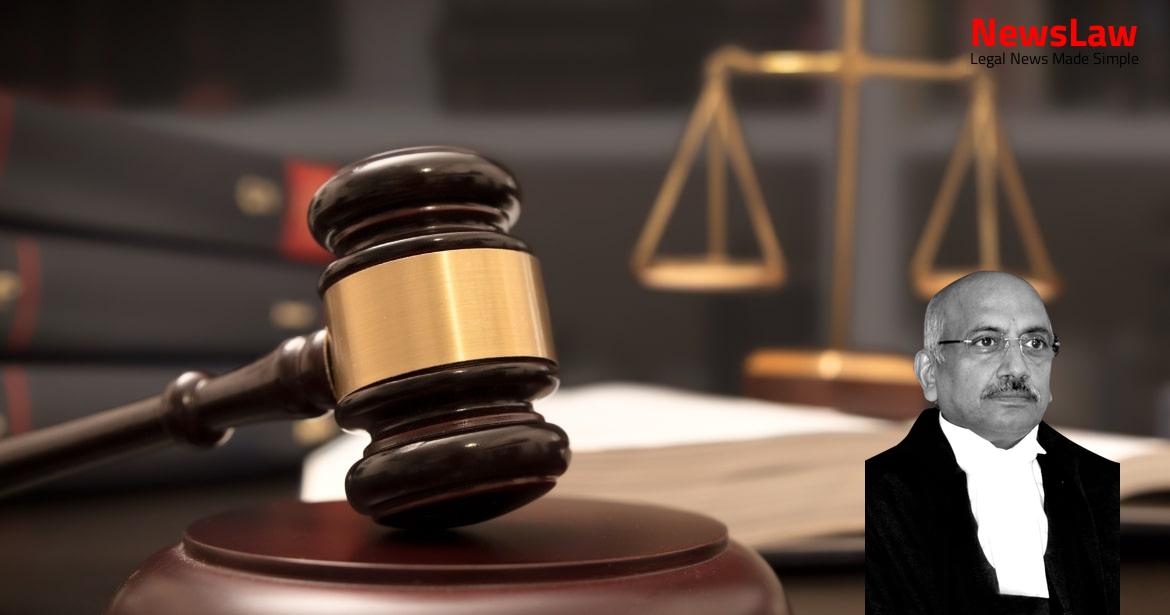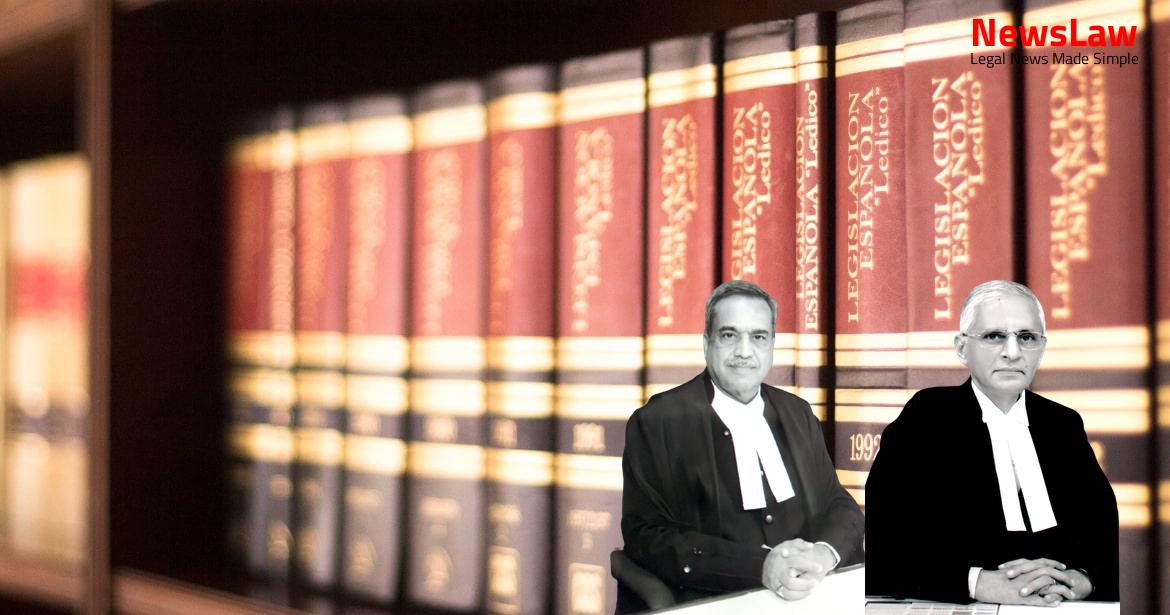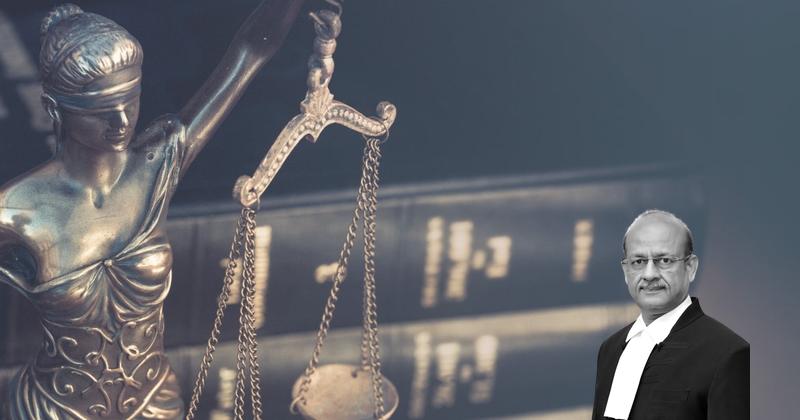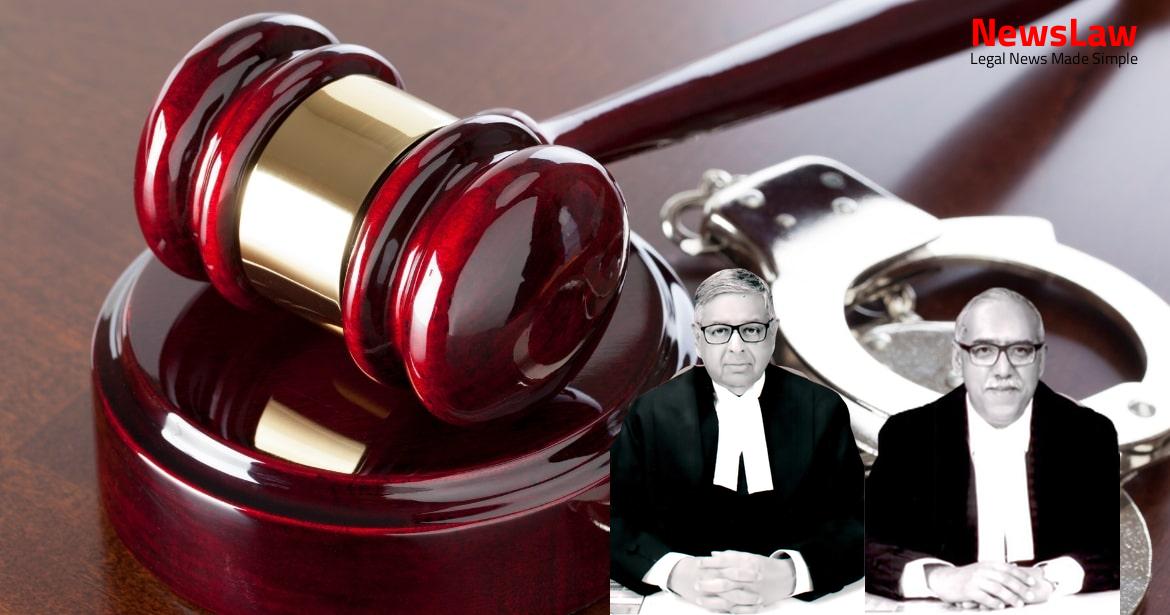In a recent property dispute case, the court delved into the nuances of Will execution and proof. The legal analysis focused on key aspects such as the requirement of attesting witnesses, admissibility of secondary evidence, and the burden of proof on parties propounding a Will. Let’s unravel the complexities of this case and understand the court’s insightful examination of the law governing Will disputes.
Facts
- Chandu Ram had asserted partition of the property about 8-10 years back.
- A judgment and decree were passed in a suit filed by Sheo Ram and Sohan Lal against their father Chandu Ram.
- The property in dispute was claimed by Chandu Ram to have fallen to his share, while the defendant was given specific parcels of land in different villages totaling 81½ acres.
- Chandu Ram admitted the fact of partition and the existence of a judgment and decree.
- Chandu Ram had separated his sons during his lifetime and settled his daughters as well.
- The Will executed by Chandu Ram contradicted Jat Customary Law and was believed to have been made under fraud and misrepresentation.
- Defendant No.5 had a Will executed in favor of his sons, which was also contested.
- A substantial question of law was framed by the High Court regarding joint possession of the property by the Plaintiff-Sheo Ram.
- The defendant asserted that the properties mentioned were purchased by him with his exclusive funds and therefore had the right to sell them.
- Defendant No.5 and his sons claimed that the custom had been abrogated after the Hindu Succession Act, 1956, and that each family member had received their due share of the property.
- The suit land was measured to be 489 kanals 4 marlas, owned and possessed in equal shares by the family members.
- The challenge in the appeal was against the order of the High Court decreeing the suit filed by the respondent-plaintiff.
- Various documents such as the judgment dated December 7, 1981, the original Will, and a suit for declaration were part of the court proceedings.
- Witnesses testified regarding the original Will being lost and uncertainties about the validity of presented copies.
- The Will in favor of Defendant No.5, Sohan Lal’s sons was deemed natural considering the circumstances.
- The Will was proved based on the statements of attesting witnesses and the scribe.
- Trial court and First Appellate Court dismissed the suit, but High Court allowed the appeal citing suspicious circumstances.
- High Court found the absence of mention of Chandu Ram’s wife and other son in the Will as a suspicious circumstance.
- Reference was made to previous judgments regarding the nature of the property in question.
- Deviations from natural succession were not considered as making the Will doubtful.
Also Read: Interpretation of Mandatory Statutory Time Limits
Arguments
- The judgment N. Kamalam (Dead) & Anr. v. Ayyasamy & Anr. is not applicable in this case as Maha Singh is the attesting witness and has been examined as such by the defendant.
- The original Will was not produced and no application for leading secondary evidence was filed.
- Reference was made to the judgment in Janki Narayan Bhoir v. Narayan Namdeo Kadam regarding the examination of one attesting witness who must depose about the presence of the second attesting witness.
- Mr. Rishi Malhotra, learned counsel for the appellant referred to the judgment of this Court reported as Rabindra Nath Mukherjee & Anr. v. Panchanan Banerjee (Dead) by LRs. & Ors.
- In the referred case, it was held that the Will was executed with the intention of excluding the natural heirs.
- This case law was cited in support of the argument being made in the current case.
Also Read: Reservation Shortfall for Hindu Nadar Community
Analysis
- The original dying declaration was not available, but secondary evidence was admitted.
- Court found that the prosecution was entitled to provide secondary evidence.
- No application to lead secondary evidence was filed, but it was still admitted.
- The principle regarding loss of a sale deed was found applicable to the Will case as well.
- The Will was in possession of the beneficiary and stated to be lost; secondary evidence was allowed.
- Section 65 of the Evidence Act permits secondary evidence in cases of original document loss.
- Defendants asserted the original Will was lost, allowing for the production of certified copy as secondary evidence.
- Defendants made out sufficient ground for leading secondary evidence by producing the certified copy of the Will.
- Plaintiff admitted the execution of the Will, challenged it as a result of fraud and misrepresentation.
- Scribe of the Will was identified as the attesting witness in this case.
- Argument regarding missing natural heirs in the Will being suspicious was considered invalid.
- Plaintiffs used certified copy of a lost sale deed as secondary evidence during trial.
- High Court’s decision on the proof of the Will was analyzed in detail.
- Attesting witness Maha Singh’s statement supported the validity of the Will.
- Defendants produced certified copy of the Will and a photocopy scribed by DW 4.
- The ratio of the judgment regarding a sale deed was deemed not applicable to the present case.
- The statement of the attesting witness is essential to prove the due execution of the Will.
- Exclusion of children from a Will for the sole benefit of one son is not a suspicious circumstance.
- In the States of Punjab and Haryana, substantial questions of law may not need to be framed.
- The attestation of witnesses is required for the due execution of a Will.
- All objections must be decided by the Court at the final stage.
- The onus probandi lies on the party propounding a Will to prove it is the last will of a capable testator.
- High Court erred in interfering with concurrent findings of fact by lower Courts
- Judgment based on misconception of law
- Not sustainable in law
Also Read: Legal Analysis in Death Penalty Case
Decision
- The appeal was allowed and the suit was dismissed.
- The original decision was set aside.
- The decree of the First Appellate Court was restored.
Case Title: DHANPAT Vs. SHEO RAM (DECEASED) THROUGH HIS LRS. (2020 INSC 316)
Case Number: C.A. No.-001960-001960 / 2020



